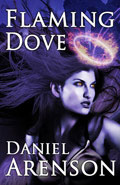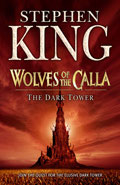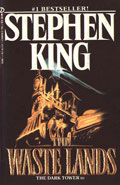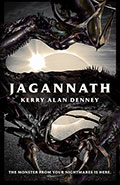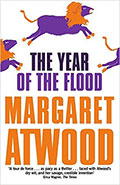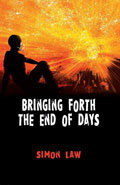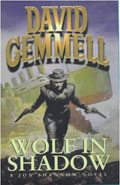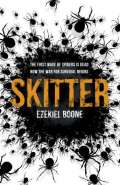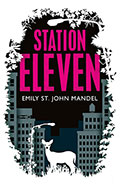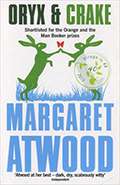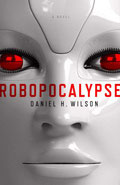Where Late the Sweet Birds Sang
By Kate Wilhelm
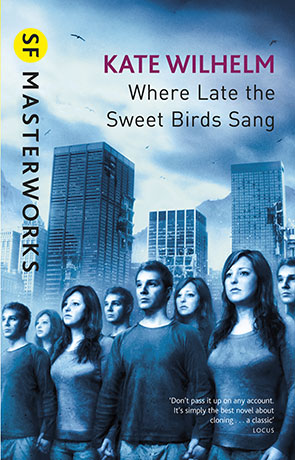
- Where Late the Sweet Birds Sang
-
Author: Kate Wilhelm
-
Publisher: Gollancz
- ISBN: 978-0575079144
- Published: January 1976
- Pages: 256
- Format reviewed: Paperback
- Review date: 23/05/2014
- Language: English
Where Late the Sweet Birds Sang is a Hugo award winning post-apocalyptic tale of human cloning.
For the Sumner family the recent droughts, floods, blighted crops, pandemic plagues and rising sterility all point to the demise of the human race. Their isolated farm in the Appalachian Mountains provide them with a place where they may survive the coming apocalypse while their wealth and resources mean they can not only plan for survival but perhaps find a way humanity can survive.
The book is made up of three distinct parts, the introductory part is where we learn about the family, the farm and the cloning facilities along with the two main people who are to be cloned. Against this is a backdrop of a crumbling society on the verge of collapse. The second part is set further in the future where several generations of clones have been and gone and expeditions begin to salvage much needed resources following the collapse of society.
These expeditions highlight the weakness of the group collective, that the individual is vulnerable without their other members and in this case the clones find it impossible to act or function without their family members. This is highlighted when one of the members (Molly) begins a journey towards individuality after being separated from her brothers and sisters for a time. The third and final part of the group deals with Molly's son Mark who is the only "individual" in the group and exhibits wildly aberrant behavior.
The main theme running through Kate Wilhelm's masterpiece isn't so much about cloning but about individuality, conformity and society. It's about how as a society living by strictly enforced rules leads to a loss of creativity and identity and how some societies will go to extreme measures to control those who don't conform. It's about that fine balance between contributing to society and living up to such responsibility versus carrying out individual tasks of self-promotion and self-improvement. The balance between a tightly controlled group and the freedom for creative thought and independent action. Ultimately the novel ask the question - can we still call ourselves human without individuality?
There are also themes of family, abuse of power and most especially that of nature versus nurture; are we a product of our environment or our genetic heritage?
Character development is handled well, especially given that a large number of the cast are faceless clones. You do however need to suspend your disbelief a little with some of the scientific aspects. One such aspect of note is the absence of bees - which we now know would lead to the disappearance of a wide range of plants and yet doesn't seem to cause such problems here. This is something that is easier to accept when you realise the book was written over 40 years ago.
The authors prose is fluid, wonderfully nuanced and atmospheric. She manages to create a vivid image of life within an isolated community that is quite compelling. The story is dramatic in all the right places and there is a dramatic building of tension as the story reaches the finale.
Apart from the slight inaccuracy on the science front "Where Late the Sweet Birds Sang" seems as fresh and relevant today as it must have back in 1976. It's science fiction at it's finest with taut prose, a rich, thought-provoking story and some well balanced ideas.
Written on 23rd May 2014 by Ant .
